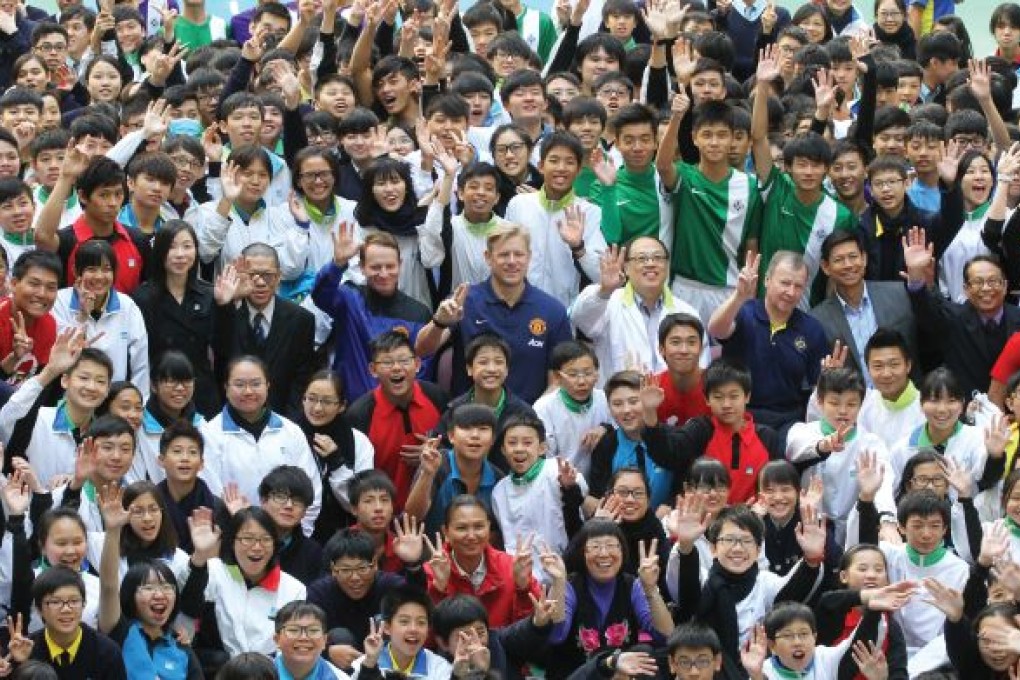The education system at a glance
International schools in Hong Kong offer non-local curricula and primarily serve non-Chinese-speaking students and foreign nationals...

International schools in Hong Kong offer non-local curricula and primarily serve non-Chinese-speaking students and foreign nationals. The English Schools Foundation (ESF), and other international schools, offer primary and secondary schooling. Several of these education institutions run dual streams, each with its own medium of instruction.
The ESF is the largest provider of international education programmes in Hong Kong. At present, the fees charged are funded in part by the government.
Recent years have seen schools changing from a British-style curriculum to one compatible with the International Baccalaureate (IB). To boost the chances of the children of expatriates getting a place at an international or ESF school, a minimum of 50 per cent of places are reserved for pupils who hold foreign passports or student visas.
Despite this, however, demand still seems to outpace supply by a significant margin. Confirming this, a government-commissioned study in 2011/12 predicted a shortfall of around 4,200 primary places in international schools by 2016/17.
Many business organisations, including trade associations and the British Chamber of Commerce, have noted that this shortfall is limiting parental choices when it comes to picking schools and making it harder for Hong Kong-based companies to recruit and retain higher-level professionals.
While some expats may be fortunate enough to have employers willing to cover the costs of their children’s education, others have to stump up international school fees often far in excess of HK$100,000 per child per year. Demand for places is exacerbated by the number of local parents with the necessary means who want their children taught in English in an environment thought to be less pressurised and more inclined to foster creativity than in local schools.
